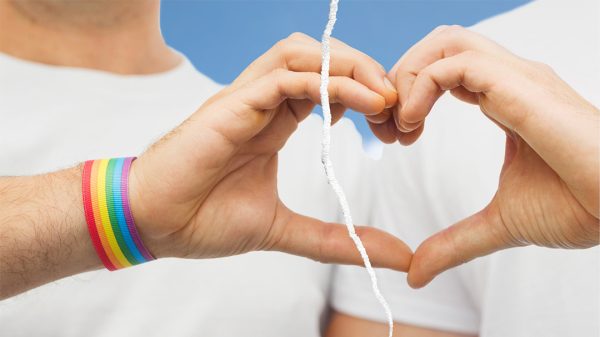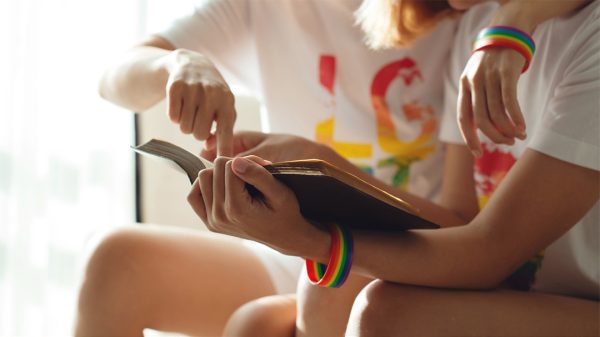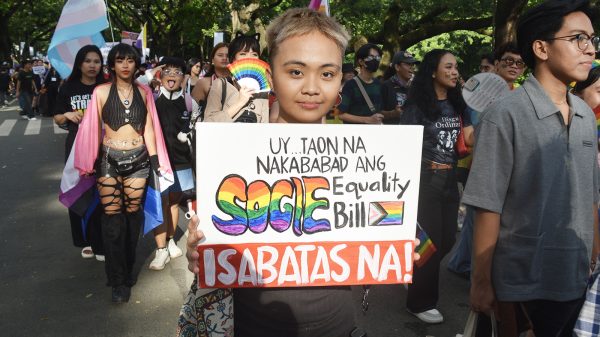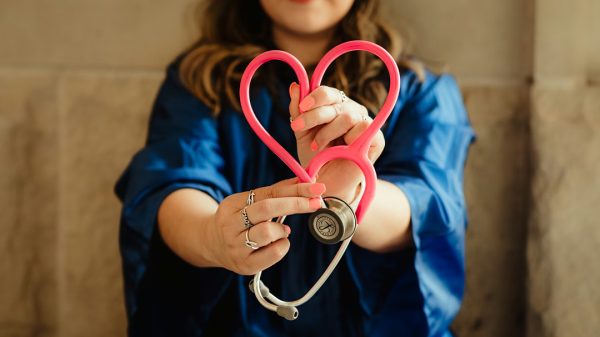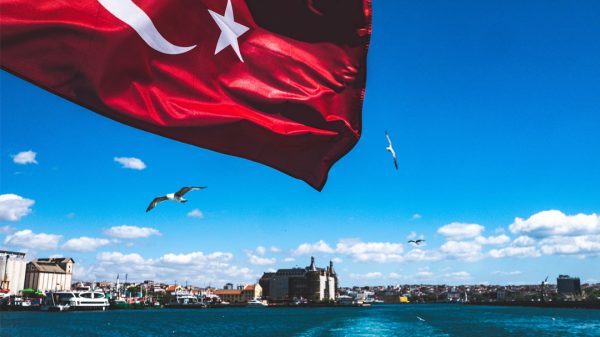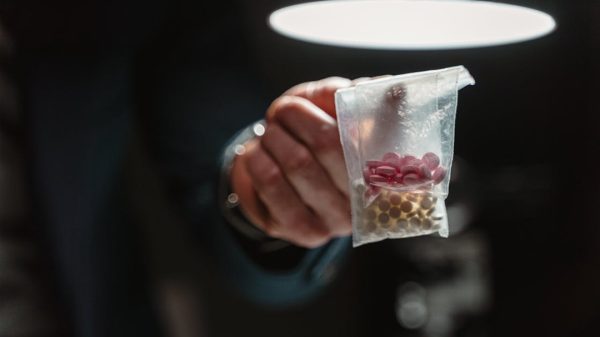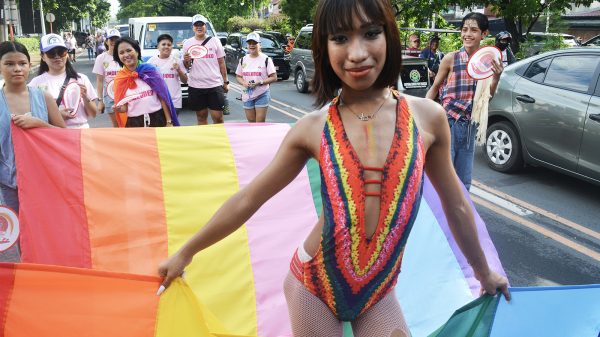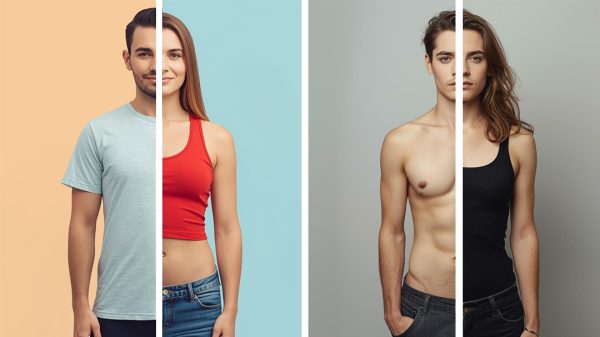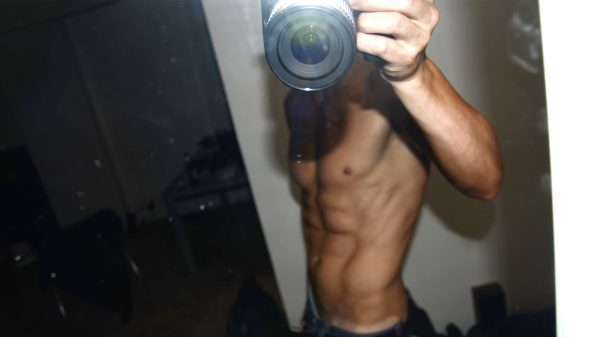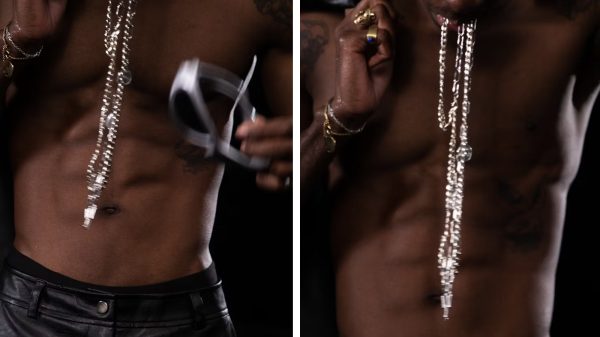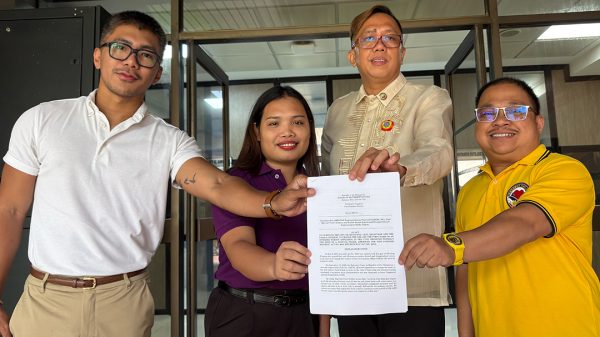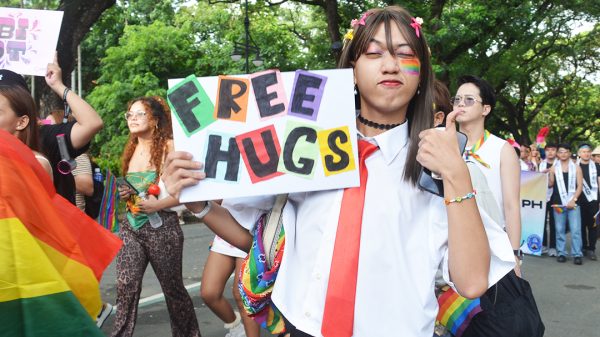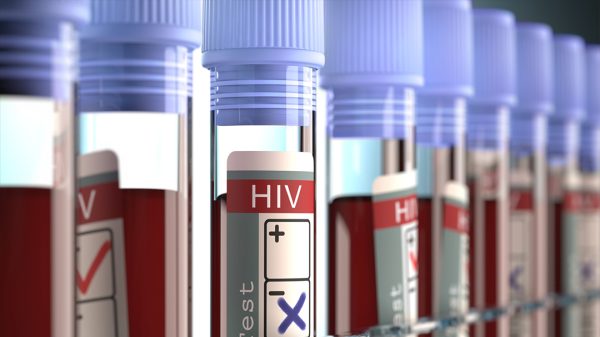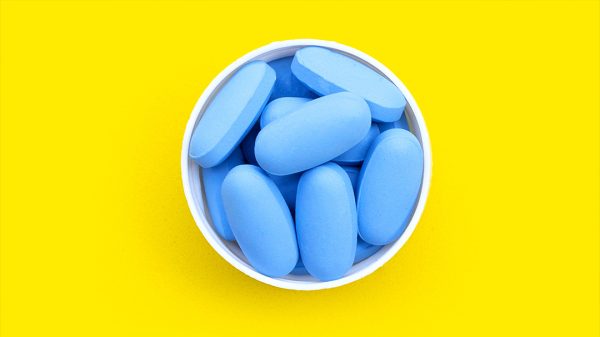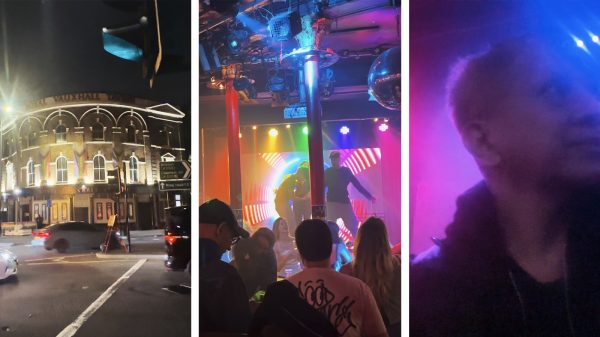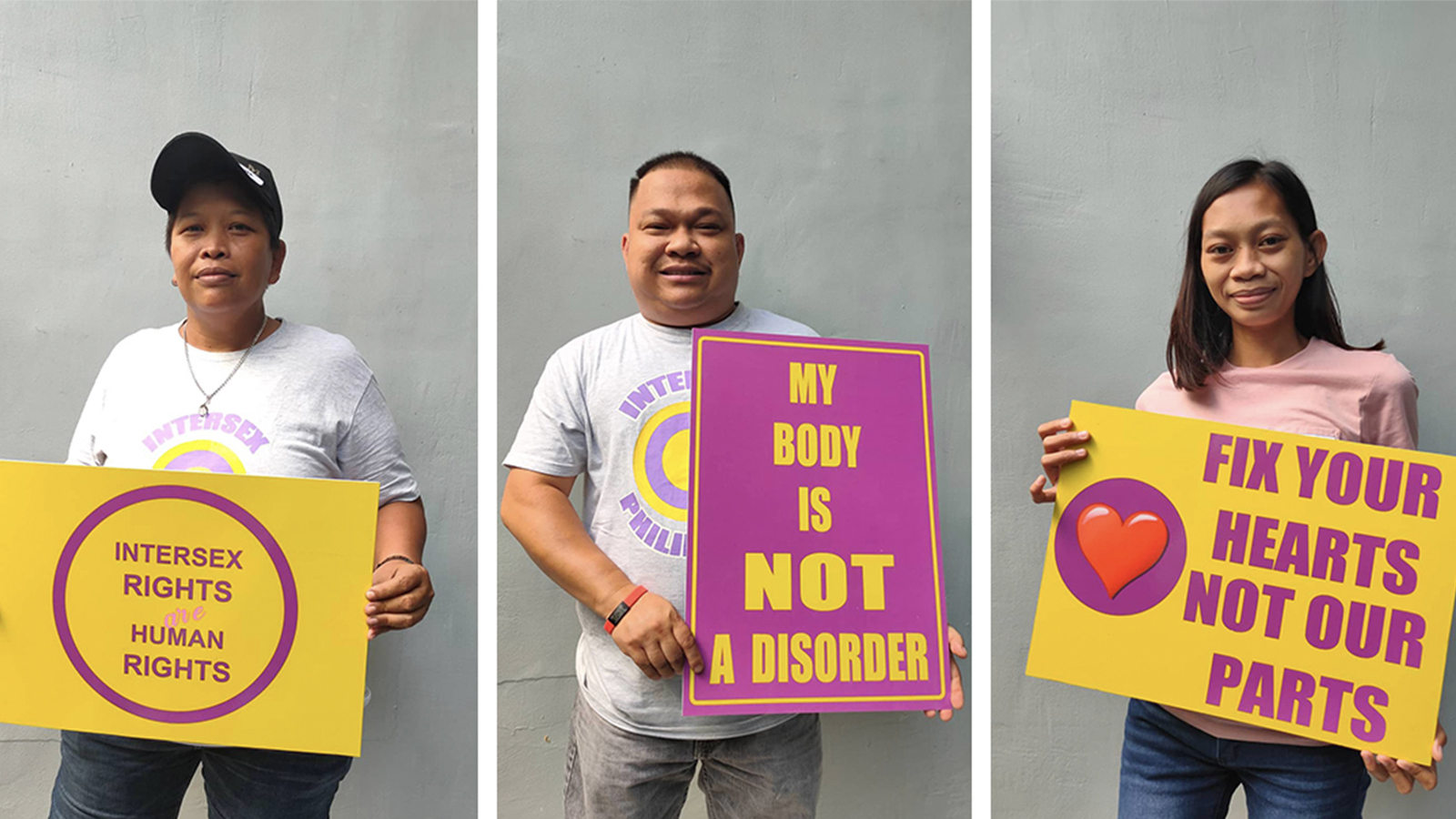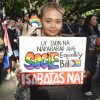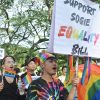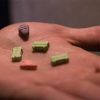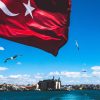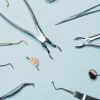At the 60th session of the United Nations Human Rights Council, the issues of intersex people were discussed for the first time. Jeff Cagandahan, whose case led to the Supreme Court of the Philippines deciding that intersex Filipinos are allowed to change their legal gender markers, gave a speech on the existing discrimination, violence and harmful practices experienced by intersex people.
By Jeff Cagandahan
Executive Director
Intersex Philippines, Inc.
Thank you, Mr. President.
Excellencies and friends, thank you for this opportunity to speak at this historic event.
I am Jeff Cagandahan, an intersex person from the Philippines. Resolution 55/14, adopted by this Council, this panel discussion, and the OHCHR report, mark a historic moment- the first time that this Council discusses the human rights violations that intersex people face.
To be clear, an intersex person is born with variations in sex characteristics that do not fit the typical definitions for male or female bodies. Despite being a naturally
occurring aspect of human diversity, intersex persons, including myself, are often invisible in society and subject to a range of harmful practices and discriminatory policies that affect our lives in profound ways.
As documented in the report, the impact of discriminatory laws and policies against intersex persons is far-reaching. It is not only in the healthcare sector where we are mistreated, but it extends to our access to education, employment, and healthcare, as well as our ability to exercise legal capacity and access justice.
In many countries, intersex persons are excluded from mainstream society, with their needs often ignored or misunderstood. Access to essential medicines is one such major challenge in several countries, including the Philippines, which needs coordination from multiple stakeholders and yet is not being prioritized by governments.
One of the most pressing issues is the violence and harmful practices that intersex persons face, particularly the unnecessary (and sometimes irreversible) medical interventions that are performed on us without our consent and without fully informing us about the risks and consequences.
These harmful interventions are carried out in the name of “normalization” or “fixing” our bodies to fit societal expectations, but what they fail to recognize is our right to bodily autonomy and self-determination.
Intersex variations are simply some of the many ways the human body can develop.
This brings us to the core issue we must confront: the root causes of the discrimination and harm we face. Medical practices, societal stigma, and harmful policies, contributing to the poor physical and mental health outcomes for intersex individuals, are often rooted in misconceptions, inaccurate information, and harmful cultural norms.
What is needed is greater awareness, education, and understanding. We need to dismantle the myths and misconceptions about intersex persons. We need to raise awareness about the rights of intersex individuals to be who we are without fear of discrimination or violence.
Further, we must also work towards more effective legal frameworks. The Intersex Legal Mapping Report from ILGA World has noted that more than 90% of UN member states fail to legally protect rights of intersex people, leaving us vulnerable to discrimination, violence, and harmful medical practices.
We must advocate for laws that not only prohibit non-consensual surgeries and treatments but also ensure that intersex persons have access to justice and remedies when our rights are violated.
The global intersex movement has made significant strides in defining our priorities.
The Malta Declaration, a landmark document representing the consensus of the global intersex movement, provides a clear roadmap. It is a unified call for an end to harmful medical practices and for our full legal and social inclusion. This collective call to action resulted in Malta becoming the first state to pass groundbreaking legislation that prohibits unnecessary medical interventions on intersex children. Since then, a number of countries in Africa, Asia-Pacific, Latin America and the Caribbean and Europe have taken measures to protect the human rights of intersex persons, demonstrating growing recognition across the world.
So, where do we go from here?
The OHCHR report provides a blueprint, but action is our shared responsibility. I ask of you today: listen to intersex people, partner with our organizations, and support legislation that protects our bodily integrity and ensures full legal recognition that intersex people exist and are part of the community, and deserve access to human rights without discrimination, as everyone else. This is how we will move from a conversation about violations to a future of rights and dignity.
Thank you.



